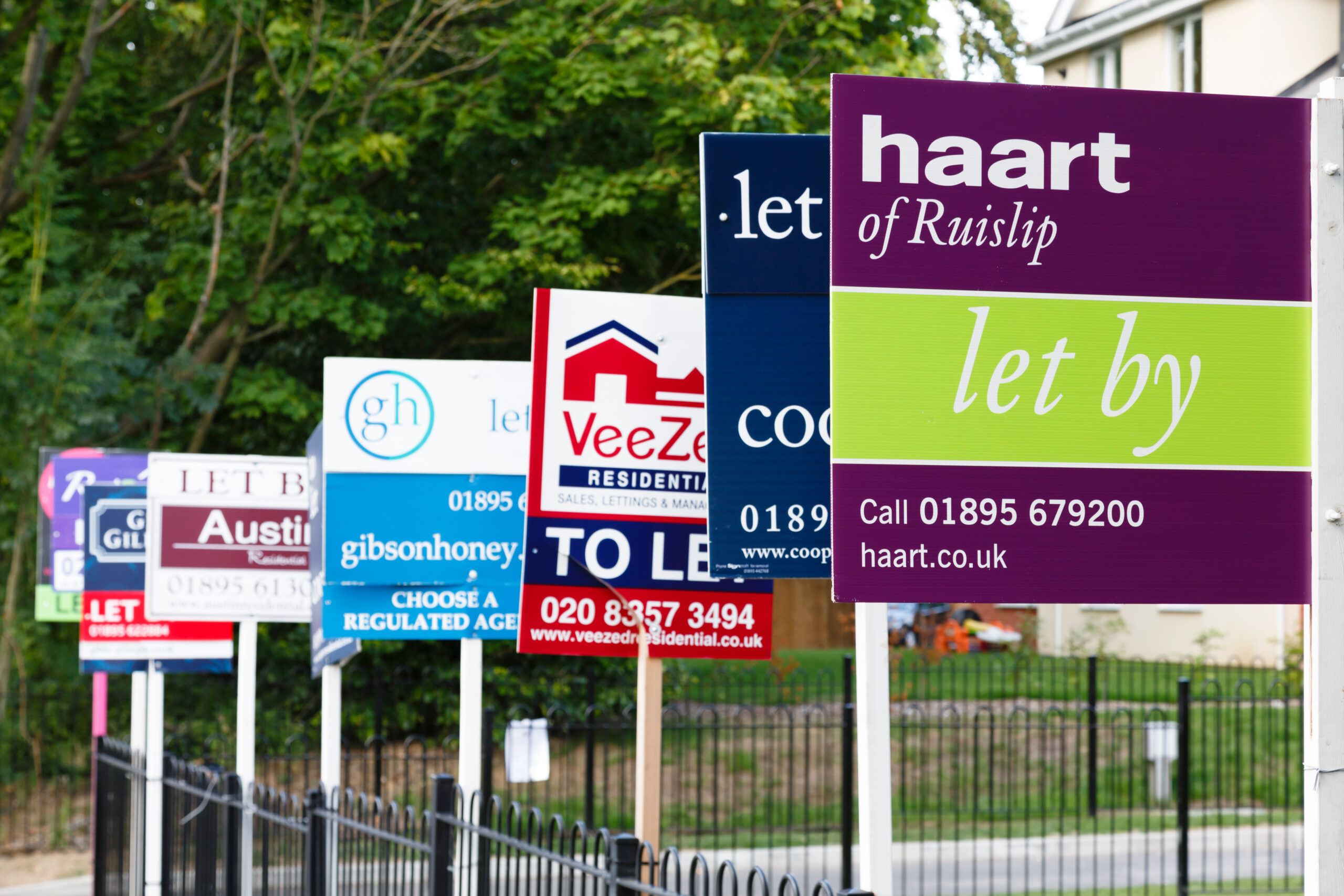Landlords Are Getting Off Scot-Free in the Cost of Living Crisis
The rent is still too damn high.
by Ell Folan
25 May 2022

Rocketing food prices, multiplying energy bills, tax hikes, wage stagnation – these, we are told, are the drivers of the cost of living crisis. Perhaps it’s understandable these factors have become the focus: it’s not normal for energy bills to be hitting £3,000 a year. The problem is, there’s another, much more familiar rip-off that’s driving the cost of living crisis, and is getting far less attention: rent.
The average rent in the UK for new lets is just under £1,000 per month. That’s up from an average of £886 per month in the first quarter of 2020 – an increase of 11%, the greatest that property listings company Zoopla has ever recorded in a single year. To put this in perspective, the cost of bread has risen by just 5% over that same period. The average monthly UK rent is now 37% of an average single earner’s pre-tax income, rising to an eye-watering 52% in London.
Behind these numbers are individuals facing destitution as a result of the rent crisis; 45% of English private renters are in the lowest or second-lowest income bracket. Nor are the effects of the rent crisis purely financial: private renters report higher anxiety and lower life satisfaction than owner-occupiers, while 14% of private renters say their living situation has triggered symptoms of depression.
The sudden and dramatic increase in rent prices has a variety of causes. Lockdowns saw housebuilding drop substantially as demand for new accommodation shrank. Yet even as demand has surged following the lifting of restrictions, supply has remained low: earlier this year the Guardian reported that in December 2020, 71% fewer homes were available in London than a year earlier.
Meanwhile, landlords are playing the same broken record, claiming that tax changes and maintenance costs – as well as those pesky eviction bans – have made rent rises necessary. This is strange logic, given landlords’ demonstrable unwillingness to maintain their properties, which itself pushes their renters’ costs up even higher: 58% of privately rented homes are in the efficiency band D or lower; the lower your efficiency band, the higher your energy bills.
There’s an obvious reason the government has chosen not to act on this crisis: private renters are disproportionately young, BAME and poor, and so unlikely to vote Conservative. Meanwhile, a quarter of Tory MPs are landlords. However, the renter constituency is growing – and with it, the Tories’ anxiety.
As recently as 2003, just 9% of people were in the private rental sector. Today, that figure is 19%. Renting used to be a novelty for those older than 35, with just 6% renting privately in 2003; today, 13% of over-35s are private renters. It is much harder to ignore renters’ concerns when they constitute a sizable share of the population.
The government has begun to act. The recent Queen’s Speech announced the government’s intention to introduce a private housing ombudsman; to require private rental properties to have an efficiency rating of at least E; to create an online portal to check landlord standards; and to abolish Section 21 (or “no-fault”) evictions. All of this dodges the very basic issue: the rent is too damn high.
It seems unmentionable at a national level, but the solution to the rent crisis is simple: controls that limit the ability of landlords to inflate rents and allow local or national governments to cut them. Living Rent, Scotland’s tenants’ union, has called for just this: a rent control model that would fix rents at affordable levels and link a property’s cost to its quality. Despite opposition from landlords, there is ample evidence that rent controls work: testimony to the New York State legislature in 2019 indicated that rent charged to tenants in unregulated private housing far outpaced those paid by tenants in the state’s rent-controlled buildings.
Slowly but inexorably, the British public is warming to the idea of rent controls. The SNP-Green agreement in Scotland committed to their implementation; even the centre-left mayor of London Sadiq Khan has been pressing for rent freezes and has the power to cap rents.
We need to move faster. High rents are seemingly accepted as an unalterable fact of life in the UK – neither voters nor politicians can imagine doing anything about it. But the government could step in right now and fix this crisis. High rents are not a law of nature; they are the result of government inaction. It’s time they do something before the rent is too damn high for any of us to pay.
Ell Folan is the founder of Stats for Lefties.


